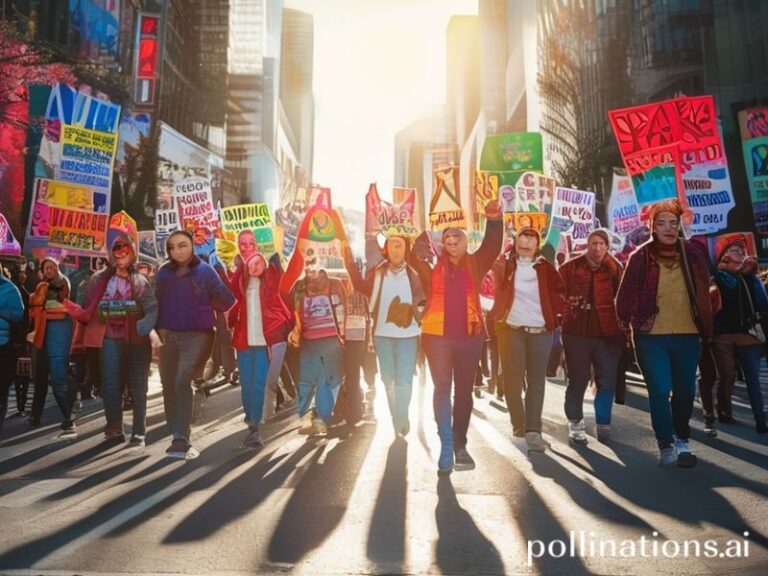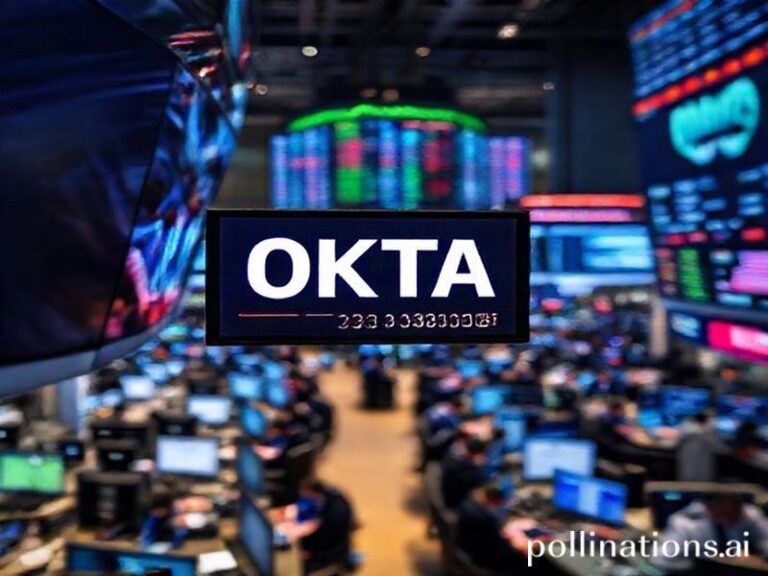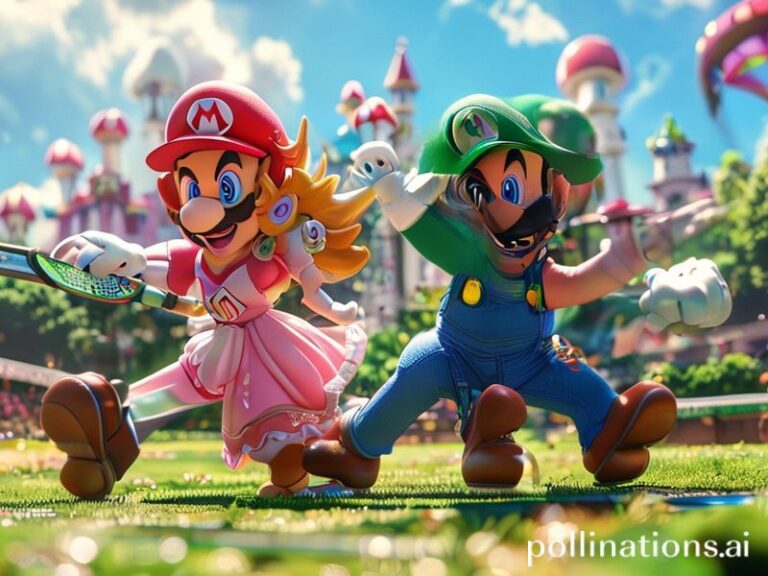Borders and Bytes: Why the World’s Got Its Immigration Rules in a Twist
**Title: “Borders and Bytes: Why the World’s Got Its Immigration Rules in a Twist”**
Alright, folks, buckle up! We’re diving headfirst into the global hot topic that’s got everyone from policymakers to meme lords buzzing: **immigration rules**. It’s not just about who’s moving where anymore; it’s a cultural phenomenon, a political battleground, and, let’s face it, a never-ending source of material for the internet’s finest trolls and thinkers.
### **Why’s Everyone Talking About Immigration Rules?**
First off, let’s address the elephant in the room: **Brexit**. Yes, the UK’s dramatic exit from the EU has been a masterclass in how not to handle immigration policy. But it’s not just the Brits who are in a pickle. From the U.S. to Australia, countries are grappling with how to manage borders in an increasingly interconnected world. And let’s not forget the heart-wrenching stories of refugees seeking safety, which have put a human face on the debate.
### **Cultural Context: The World’s a Village, But Who Gets the WiFi Password?**
Globalization has turned our world into a bustling village where everyone’s got an opinion on who’s welcome and who’s not. Social media has amplified these voices, turning immigration into a viral topic. Memes about border walls, debates over who’s “stealing jobs,” and heartfelt stories of families reuniting (or being torn apart) have all contributed to the cultural narrative.
Take, for example, the viral video of a Syrian refugee family reuniting in Germany. It’s a powerful reminder of the human side of immigration, a stark contrast to the cold, hard numbers often cited in political debates. On the flip side, you’ve got the internet’s favorite pastime: roasting politicians who can’t seem to agree on a coherent immigration policy.
### **Social Impact: The Ripple Effect**
Immigration rules don’t just affect those crossing borders; they ripple through societies, economies, and cultures. Take the U.S., for instance. The debate over DACA (Deferred Action for Childhood Arrivals) has sparked a national conversation about what it means to be American. Meanwhile, in Europe, the influx of refugees has reshaped political landscapes, giving rise to both compassionate movements and far-right parties.
And let’s not forget the economic angle. Immigrants often fill critical labor gaps, from healthcare workers to tech geniuses. But they also face challenges like wage discrimination and cultural integration. It’s a complex web, and the internet loves to untangle it—one tweet, meme, or viral video at a time.
### **Why It’s Significant: The Future of Us All**
At its core, the immigration debate is about identity, belonging, and the future of our societies. It’s a reflection of our fears, hopes, and values. And in an era where information travels faster than ever, the conversation is more global and more intense than ever before.
So, why should you care? Because this isn’t just about politics or policies. It’s about people—real, living, breathing individuals who are part of the fabric of our world. And in the age of the internet, their stories have the power to shape our collective consciousness.
### **Conclusion: The Bottom Line**
Immigration rules are trending globally because they touch on the very essence of what it means to be human. They’re a mirror held up to society, reflecting our best and worst traits. And as long as there are borders, there will be debates. But here’s the thing: the internet has given us a platform to engage, to empathize, and to challenge our preconceived notions. So, let’s keep the conversation going—with wit, wisdom, and a healthy dose of humor.
After all, in a world that’s more connected than ever, maybe it’s time we start seeing borders as bridges rather than barriers.







